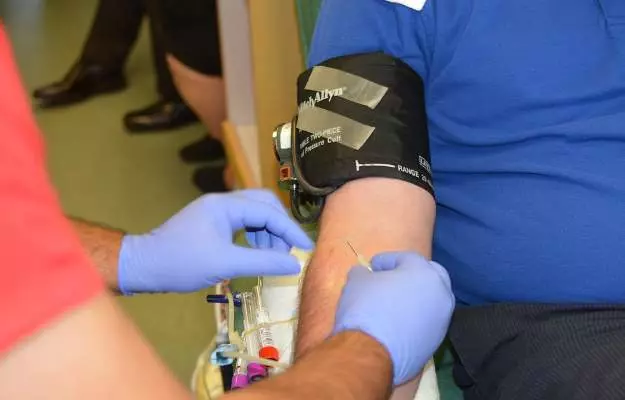Donate Blood, Save Lives. It is rightly said that you do not need to be a doctor to save lives when you can donate blood. A single donation can save up to three lives. Just imagine how helpful that can be.
Voluntary blood donation is the noblest act of humanity and without all the millions of donors donating for free, no blood bank or doctors would have ever been able to save lives.
Trauma patients and those with recent surgeries certainly require immediate blood donation but there are others like thalassemia patients and those suffering from cancer, which require blood periodically. It is the moral duty of healthy citizens to help those in need. But, it is not just about them, it’s also about you.
While the satisfaction and euphoria of this generous act have enough benefits to your mental health, did you know blood donation has some actual health benefits?
It protects you from a plethora of diseases and offers a free screening, which will help to know if you have any.
If you are worried you cannot donate blood, rest assured because the tests done prior to donation will reveal your level of fitness.
Since it is said that everyone can donate blood, this article is for anyone who can make a potential blood donor. It outlines the personal and societal benefits of blood donation and helps to clear off the myths related to blood donation.





























